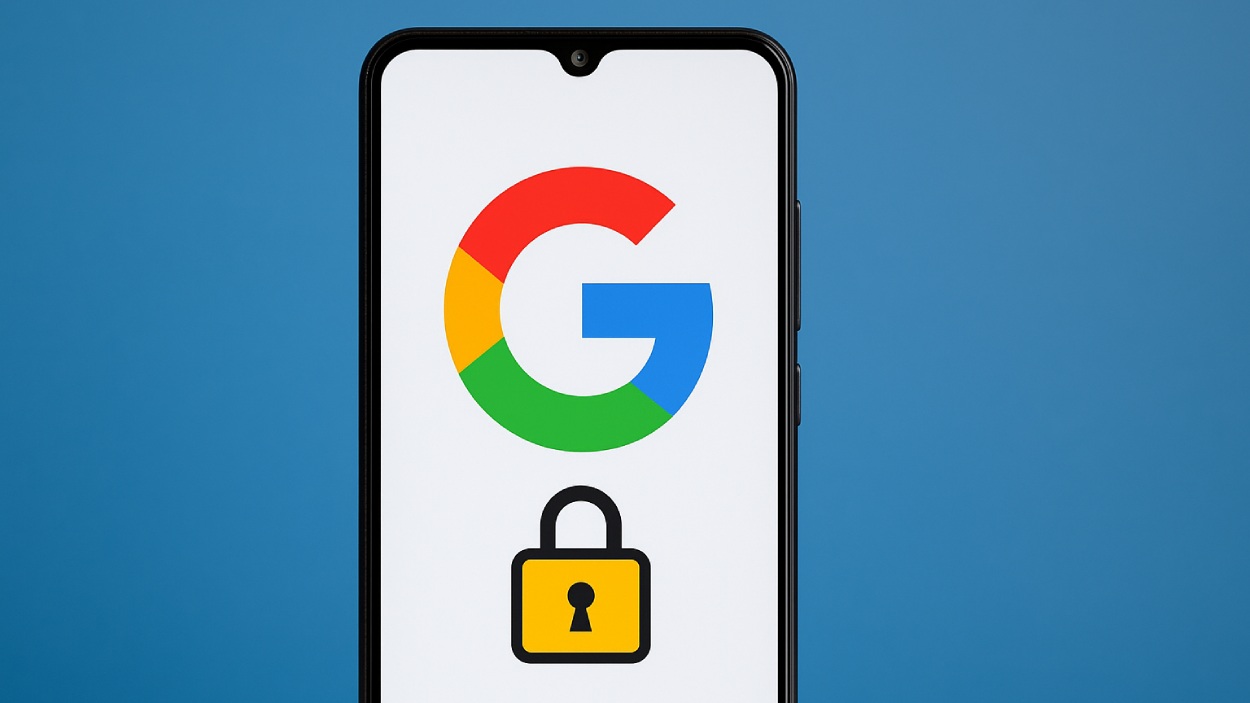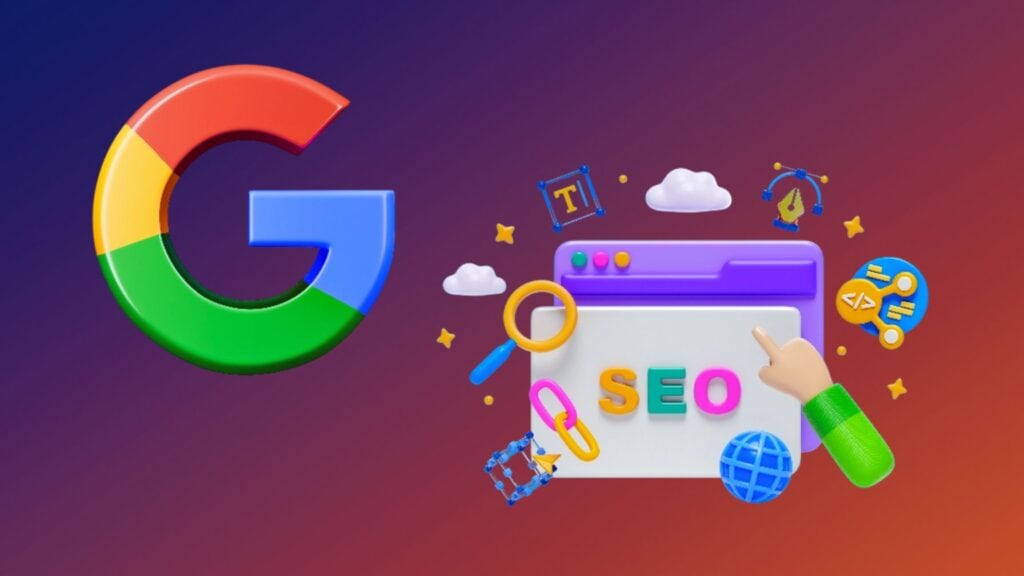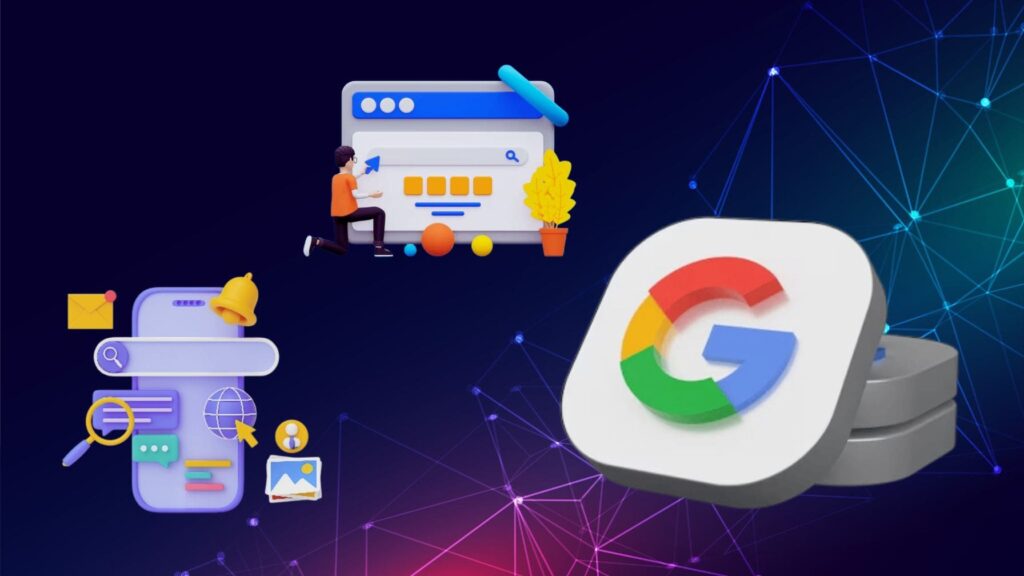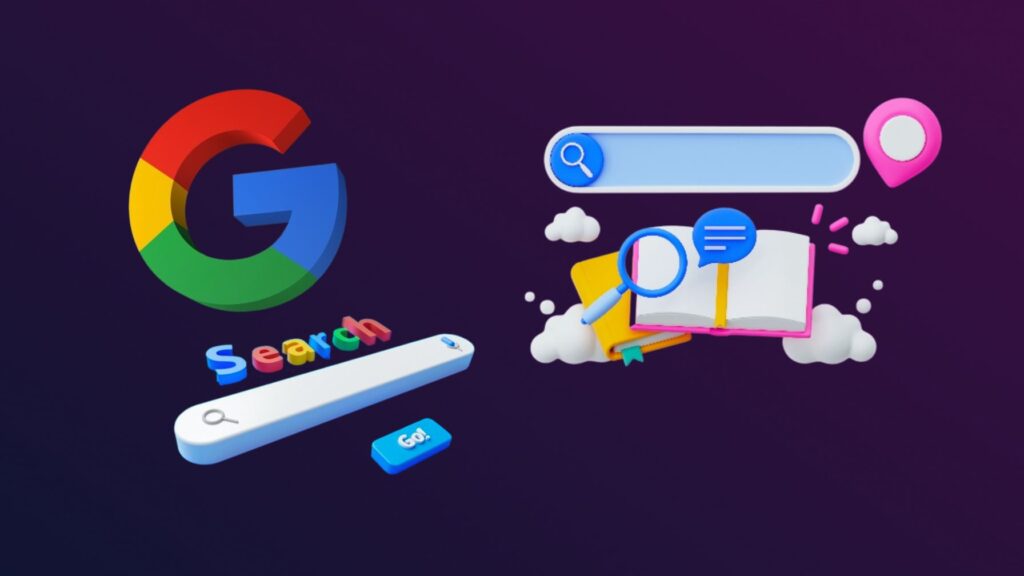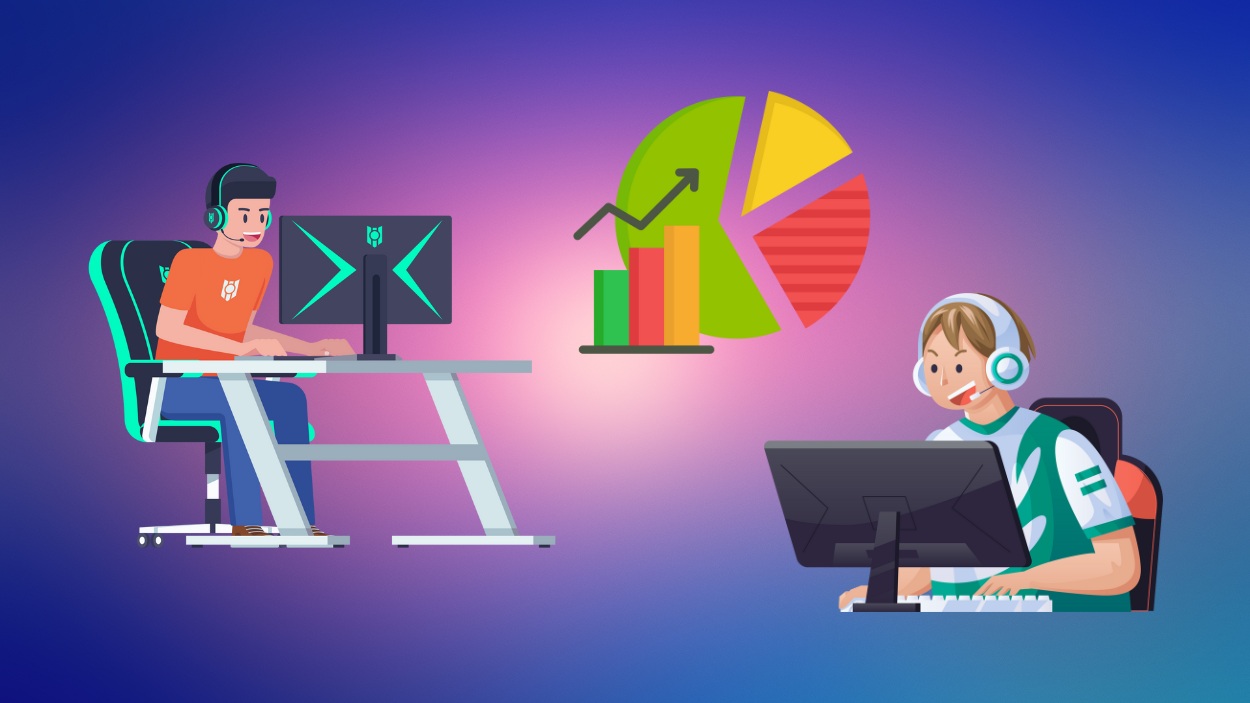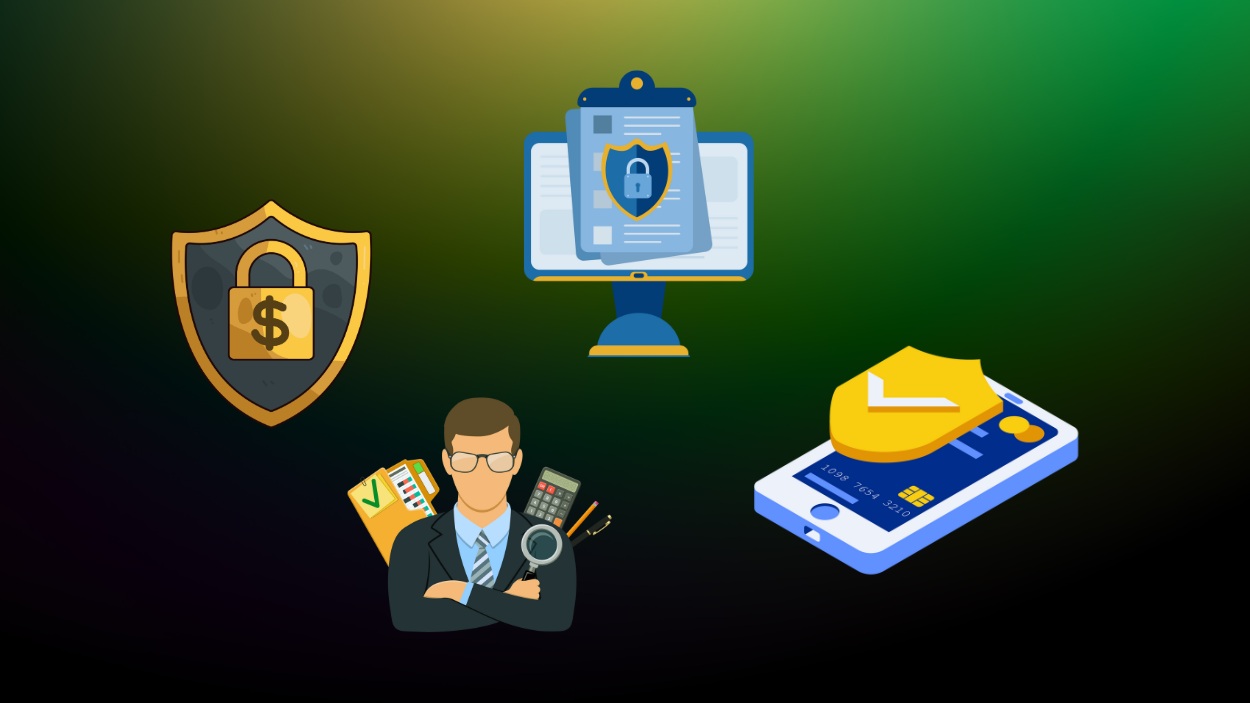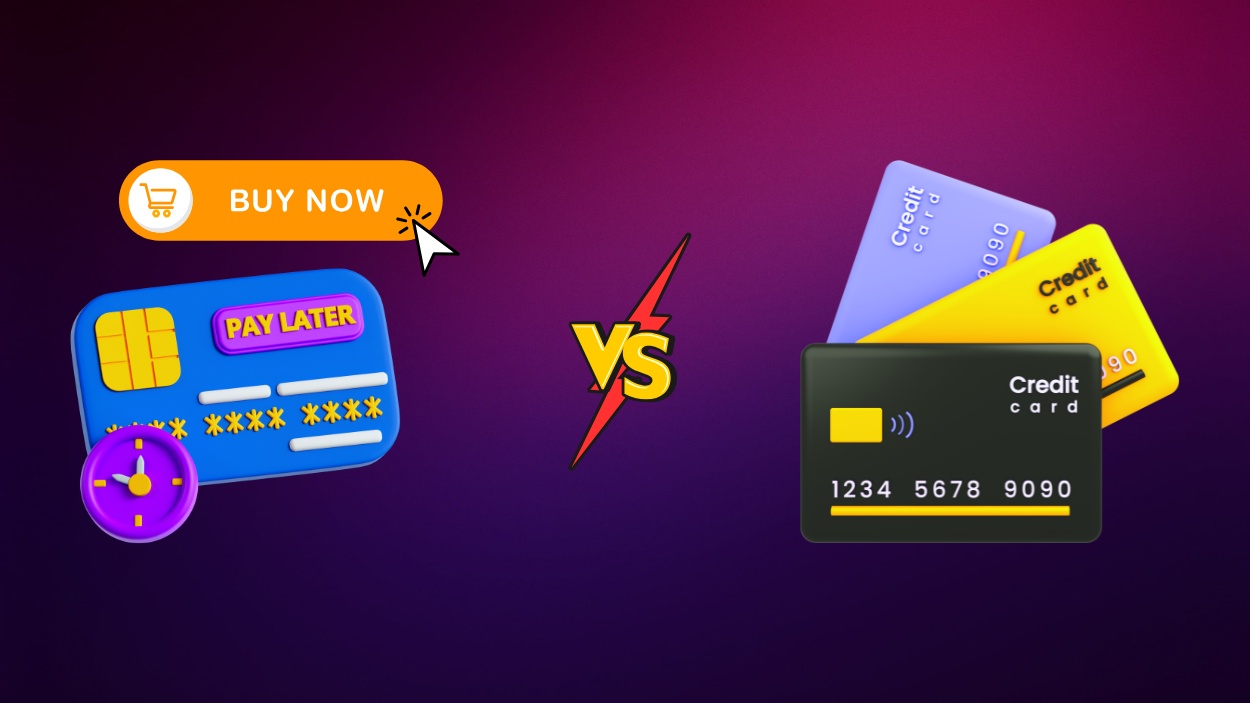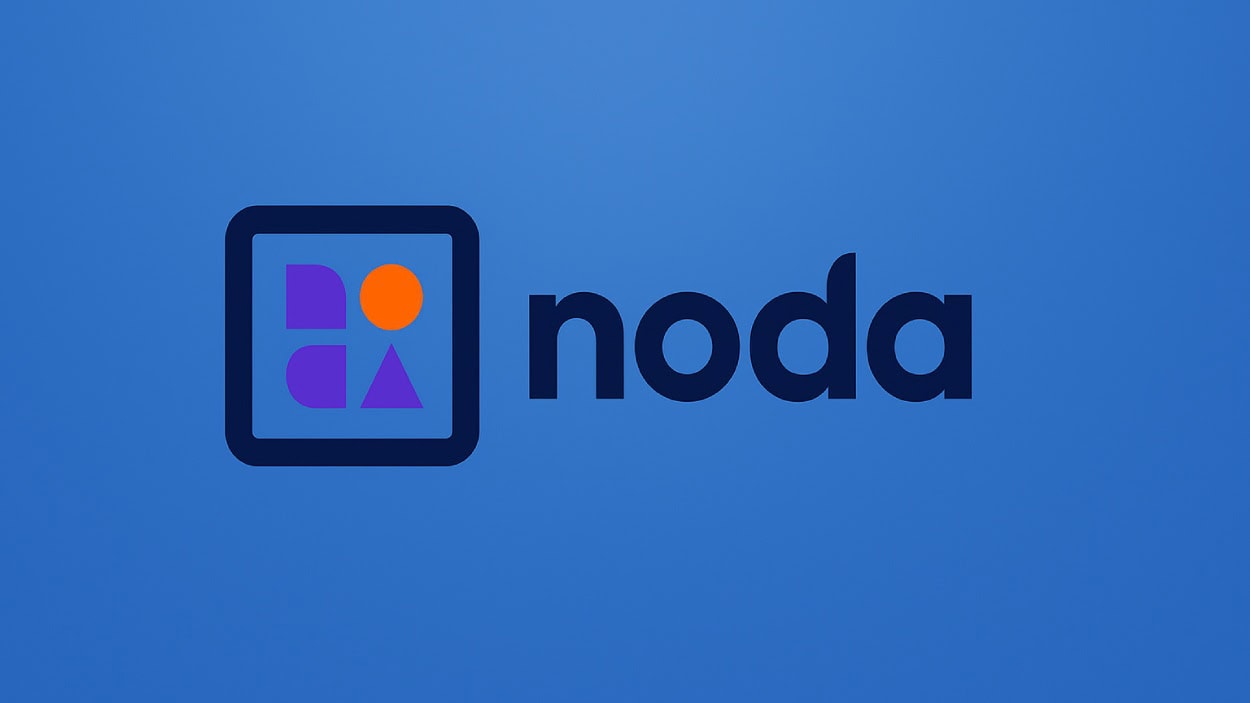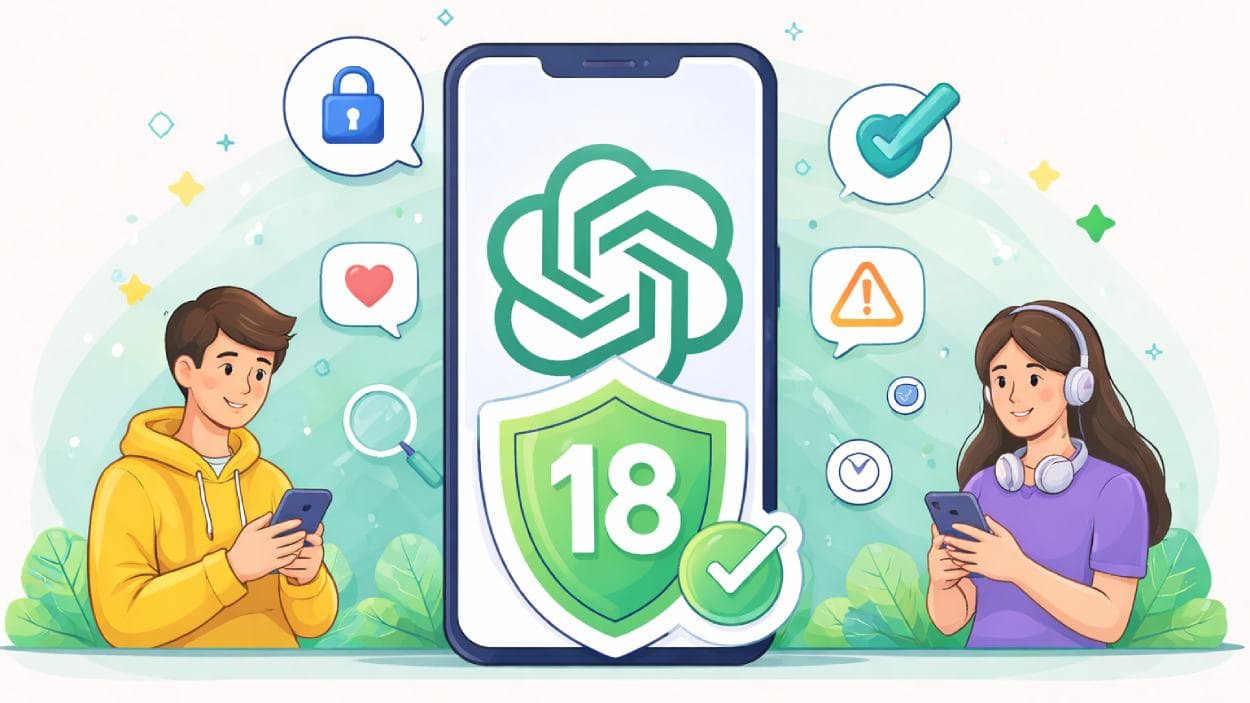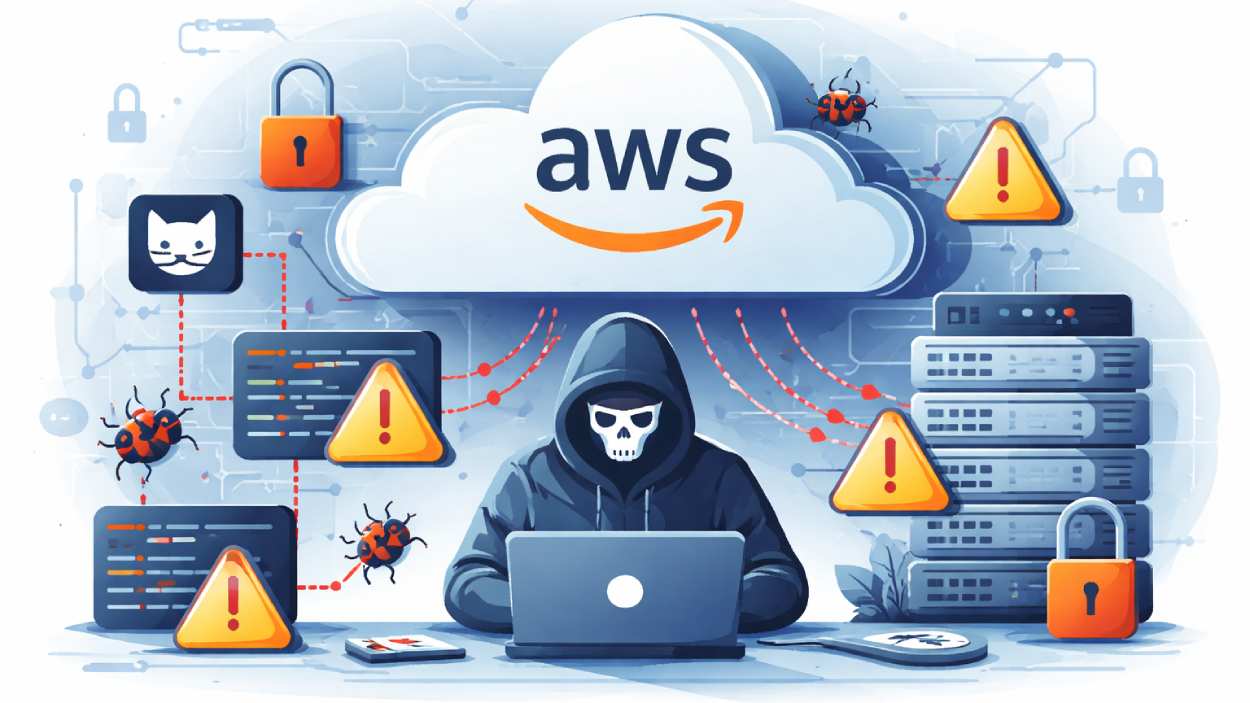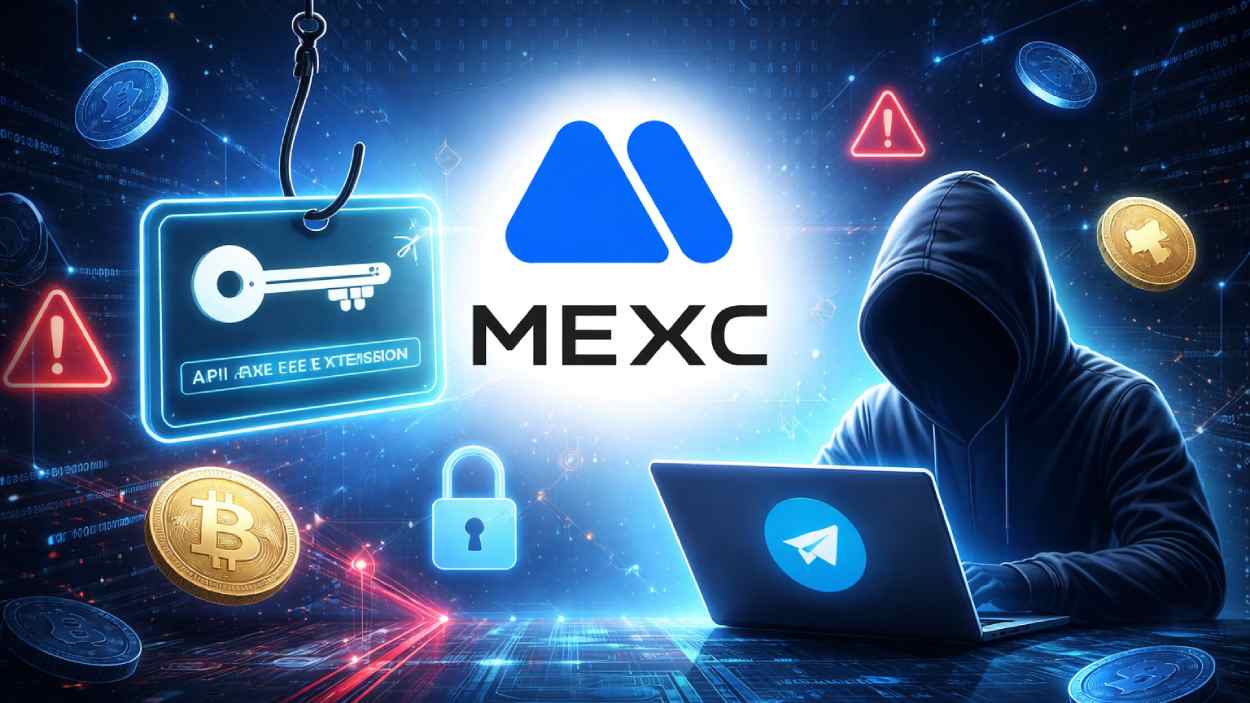Only verified developers will be allowed to distribute Android apps, even outside the Play Store, starting next year in a major shift aimed at improving platform security.
Quick Summary – TLDR:
- Google will require all Android app developers to verify their identity, even for apps distributed outside the Play Store
- The change will be tested in October 2025 and fully enforced in four countries by September 2026, with global rollout starting in 2027
- Unverified apps will be blocked from being installed on most Android devices, tightening control over sideloading
- The move targets malware and fraud, especially from third-party app stores, but could also raise concerns over developer freedom
What Happened?
Google has announced sweeping changes to Android’s app distribution model. Starting in 2026, developers will no longer be able to distribute apps without verifying their identity with Google. This rule applies to all certified Android devices and will be rolled out globally in phases.
A New Era of Developer Verification
Google’s new policy extends beyond the Play Store. While verification was already required for Play Store developers since 2023, this change applies to all apps, even those shared through sideloading or third-party stores.
Beginning October 2025, selected developers will get early access to the new system. It opens to all developers in March 2026. Enforcement begins in September 2026 in Brazil, Indonesia, Singapore, and Thailand, with global rollout from 2027.
“Android will require all apps to be registered by verified developers in order to be installed by users on certified Android devices,” Google said. “This creates crucial accountability, making it much harder for malicious actors to quickly distribute another harmful app after we take the first one down.”
Why It Matters?
According to Google, malware is over 50 times more likely to come from sideloaded apps than those downloaded via the Play Store. With this new requirement, the company aims to:
- Stop the spread of malware and scams
- Prevent developers from impersonating others or reuploading banned apps
- Build user trust across the Android ecosystem
Suzanne Frey, Vice President of Product, Trust and Growth for Android, stated: “Any app installed on a certified Android device in these regions must be registered by a verified developer.”
What Developers Need to Know
To verify, developers must submit:
- Legal name
- Business address
- Phone number
- Email address
This could pressure independent developers to register as businesses to protect their personal data. To accommodate hobbyists, Google is introducing a special Developer Console just for students and non-commercial developers.
Apple implemented a similar policy in the EU in 2025 under the Digital Services Act.
The Bigger Picture: Security or Control?
This shift comes during Google’s legal battle with Epic Games, where a court ruled that third-party app stores must be allowed and Google Play content must be shared with rivals. That ruling may increase sideloading, which often lacks Google’s security oversight.
Critics argue that this verification system could tighten Google’s grip over Android, despite appearing open. The real concern is that while the barrier to entry is low now, it might rise over time.
There’s also uncertainty around how unverified apps will be blocked, or how devices will check app status. Likely, Play Services will be updated to maintain a whitelist of verified developers.
SQ Magazine Takeaway
I think this change is long overdue. Android’s openness has been both a strength and a weakness. This update strikes a balance by keeping the platform open while raising the security bar. For everyday users, this means fewer scams and safer apps. For developers, it adds some paperwork, but not without reason. Google is finally making trust a core requirement, and that’s a good thing for everyone.

